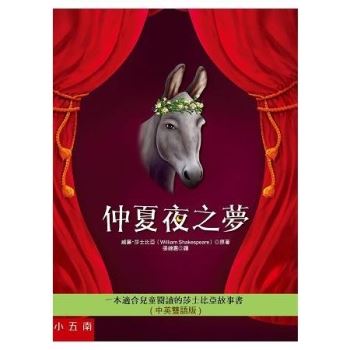The COVID-19 pandemic thrust fear into the heart of political debate and policy making. In the wake of the pandemic, it is critical to clarify the role of fear in these processes to avoid repeating past mistakes and to learn crucial lessons for future crises.
This book draws on case studies from across the world, including the UK, Turkey, Brazil and the US, to provide thought-provoking and practical insights into how fear and related emotions can shape politics under extraordinary and ordinary circumstances. Offering interdisciplinary perspectives from leading and emerging scholars in politics, philosophy, sociology and anthropology, the book enables a better understanding of post-pandemic politics for students, researchers and policy makers alike.











